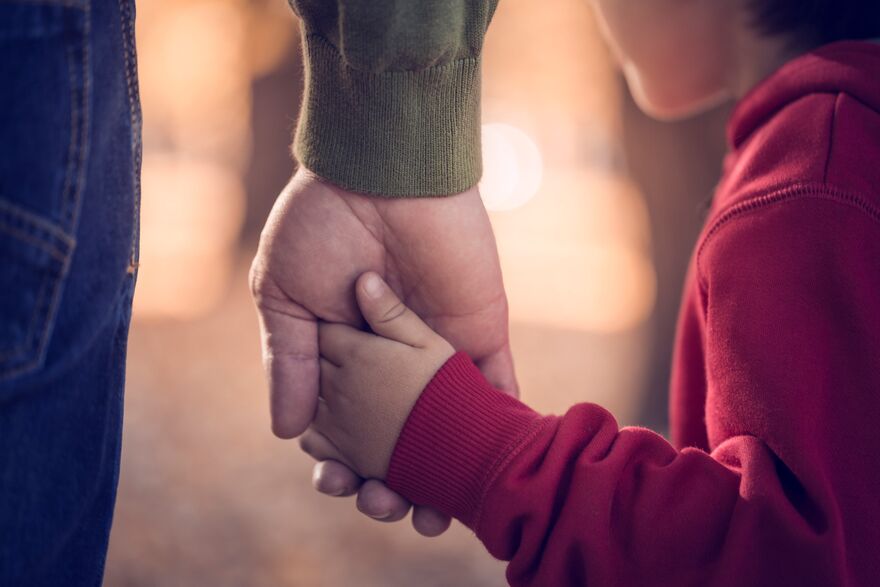Over the last decade or so, there has been an explosion of social media platforms. I remember the days when all you had was a choice of MySpace or Bebo, whereas now we have Facebook, Instagram, Twitter, TikTok, LinkedIn, and Snapchat, to name but a few. This social media explosion brought with it a new job - that of a social media influencer.
The vast majority of the social media influencers I see out there are young adults, those who have found fame on reality TV shows perhaps. However, there is also a much younger group of child social media influencers, aged under 16, whose parents set up and run accounts for them. These children can go on to earn thousands in advertising deals. In exchange, their childhood is spent posing for photographs and appearing in videos, which the world has access to and will forever exist online.
So, what happens if parents disagree about whether their child should become a social media influencer?
I would argue that a decision of this sort, is a matter of parental responsibility, as it could have huge implications on the child’s life. As such, both parents would need to agree to the child becoming an influencer and, in the absence of an agreement, an order of the court would be required.
The court’s primary consideration when looking at issues concerning children, is the child’s best interests. As such, the court would need to be persuaded that becoming a social media influencer is in that child’s best interests.
Whether or not this argument is a successful one is likely to turn on the facts of each case, as there are so many variables for the court to consider when making its decision. These include the age of the child, the safeguards the parent has put in place to protect the child, how much time it takes up out of the child’s life and what other hobbies/activities the child engages in. .
In short, there is no right or wrong to a child becoming a social media influencer. However, it is in my view a decision that both parents need to make together and agree on. I am not aware of any cases which have expressly dealt with this issue before the courts, but I suspect that with the rise of social media influencers, one may well follow.

